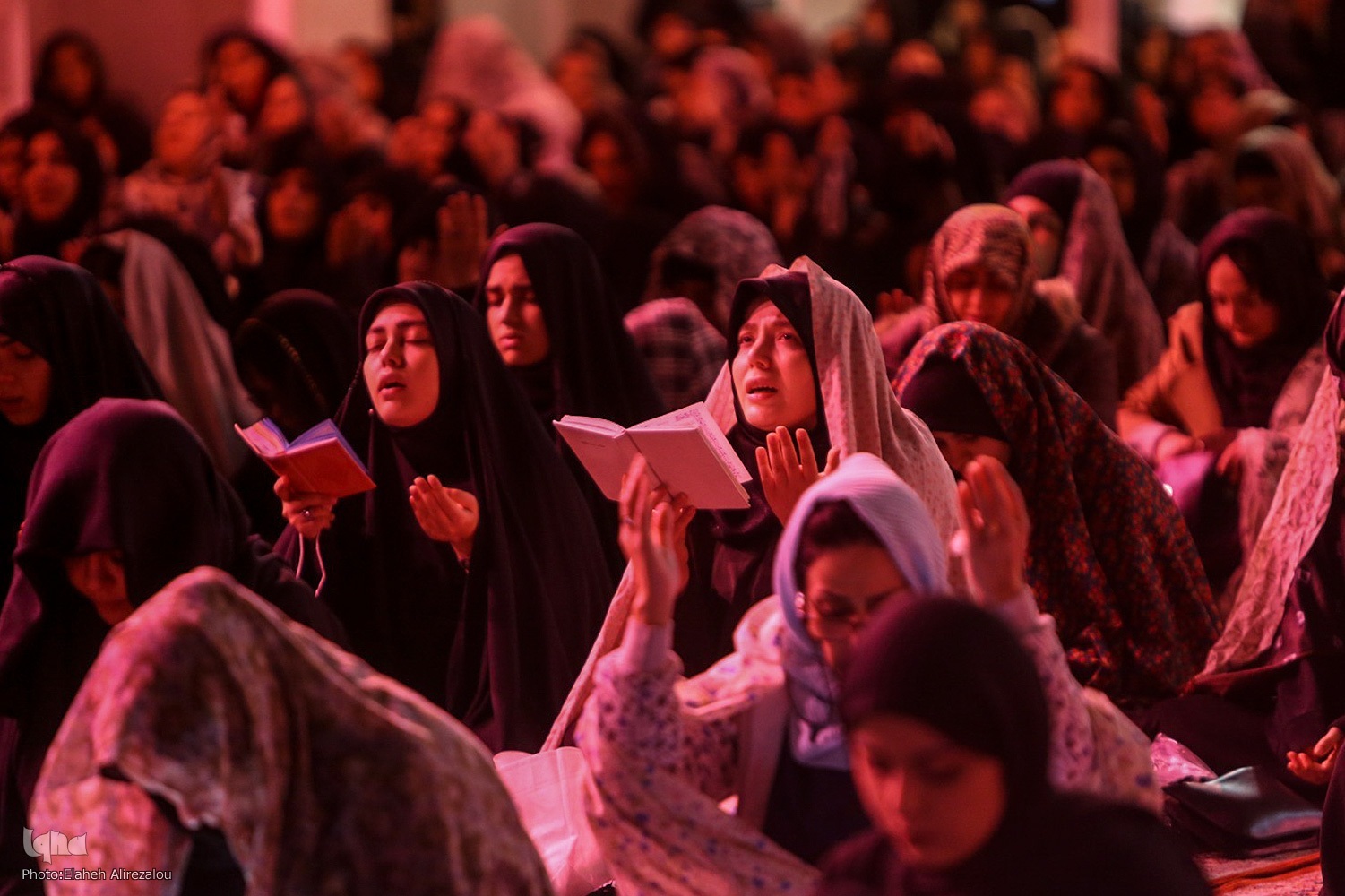How to Maintain Spiritual Uplift of Ramadan After the Month Ends? (Part 3)

According to the Holy Quran, the primary purpose of fasting is to attain taqwa and develop self-restraint. Allah states:
"O you who have faith! Prescribed for you is fasting as it was prescribed for those who were before you, so that you may be Godwary." (Surah Al-Baqarah, verse 183)
Fasting has various dimensions and brings numerous physical and spiritual benefits, the most significant of which is achieving taqwa.
Linguistically, taqwa comes from the root word wiqayah, meaning self-restraint and self-discipline. In religious terms, taqwa refers to guarding oneself against wrongdoing. It exists in different degrees, with the lowest level being refraining from what is forbidden (haram), while higher levels involve avoiding even what is disliked (makruh).
The Quran further highlights that the most honored individuals in the sight of Allah are those with the highest level of taqwa:
"Indeed the noblest of you in the sight of Allah is the most Godwary among you." (Surah Al-Hujura, verse 13)
Read More:
In his sermon preceding Ramadan, known as Khutbah Sha'baniyah, the Prophet (PBUH) described the greatest act in this month as refraining from sin. While he mentioned various recommended acts of worship during Ramadan, when Imam Ali (AS) asked, "O Messenger of Allah, what is the best deed in this month?", the Prophet (PBUH) responded:
"The best act in this month is to avoid what Allah has forbidden."
How, then, can we continue avoiding sin and forbidden acts beyond Ramadan? One way is by maintaining the practice of fasting throughout the year. Observing voluntary fasts on specific days allows us to continue reaping the spiritual benefits we gained during Ramadan.
By Dr. Mohammad Hossein Akhavan Tabasi


